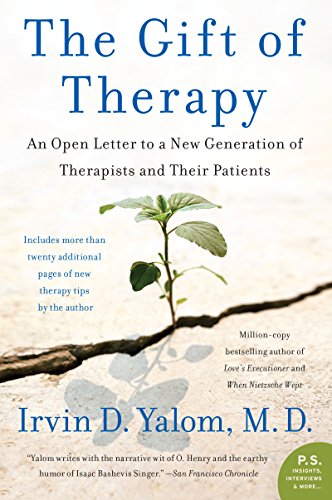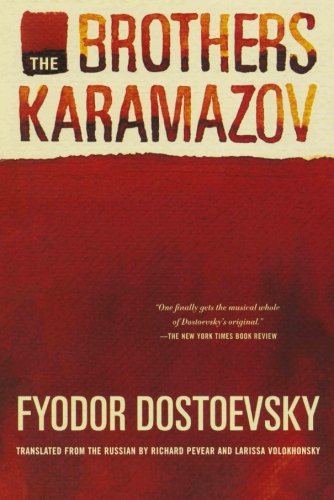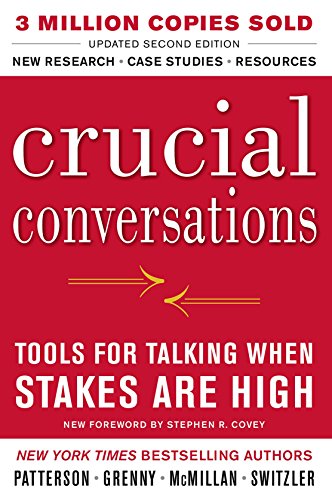Book Recommendations
I get enough people asking me for book recommendations that I thought I should just make a page and refer people to it. I'll populate it as I read and remember what I've ever liked. They are in no particular order. This list is actually a really good way to see the ideas that helped define me as a person and therapist.
Therapy Books
I read this book and wanted to hang up my hat and never say that I knew anything about trauma or healing ever again. This is the best book on what I believe is the true essence of trauma work. There’s even a chapter on defining success versus outcomes that I had to cheer given that I feel so burdened by this bureaucratic world that tyrannizes me with metrics and “outcomes.” Listen to it on Audible. You get to hear Father G in his own voice!
I wish I had written this book. It's so simple and I agree with everything he says. I particularly like chapters such as "Let the patient matter to you."
Another easily accessible book about therapy written as short stories about various patients. It was one of the first books I read in graduate school that actually made me excited to become a therapist.
This was one of the only books I read in graduate school that actually taught me anything practical and useful and wasn't just a bunch of theory that I had no way of knowing how to use.
Listening to Dan speak for two days straight rocked my world. I heard him after I had finished graduate school and left feeling like I still didn't know what I was doing or how therapy worked and this book gave me a lot of answers. I wanted to be Dan when I grew up.
This little random book is so simple and well written. It's for the lay audience and parts feel like a Intro Psychology textbook but the parts that are their own theories are really fascinating. I particularly liked the ideas about "limbic resonance" and the notion that we are all born as open systems that move towards entropy quickly and we require external input from a caregiver to develop organized self-states. This was when I was heavy into thinking about how to apply chaos theory to understanding mental health.
This book also rocked my world. I was so disappointed in my field and the way that we treated children as little rodents whose behaviors just need to be shaped through rewards and punishments. This empathic book helped explain that kids can tantrum because they have underlying neurocognitive deficits that compromise their ability to do well and it's not their fault. Rewards and punishments won't fix the deficits, so we have to really understand why kids act up and look inside. The way that I expand on Ross' work is to understand that sometimes trauma and emotional pain can cause just as many tantrums as neurocognitive deficits.
This was one of the books that got me in to doing trauma work. It made me realize that focusing on PTSD could be the best way to converge upon science and suffering.
A great book on modern relational psychoanalysis, which is the school that I subscribe to most (about 60%).
Trauma Recovery Inspiration
Emmy award winning podcast producer Stephanie Foo wrote this compelling and touching memoir about her complex trauma and her journey through various forms of treatment for it. It includes a some capstone sessions with me at the end.
This memoir was written by my patient as a way to make sense of and heal from his painful childhood. The last third of the book is about our therapy and his journey of recovery.
I loved how tender and open Andre is. I love how, through his story, one can learn so much about overcoming traumatic childhoods, making peace with oneself and finding love again. I also love the lessons on resilience and grit embedded in his rise to tennis stardom.
Kimberly Butler has created an incredibly haunting and powerful photo-memoir of her childhood abuse. The images are painful and beautiful, elegant and disturbed, and exquisitely captures the experience in ways that words can never do. Her journey is a testament to how the fight energy from abuse can be used to rise above naysayers and oppressors. You can buy the book on amazon and check out her other work here.
Science
If you are interested in understanding the myriad of interacting factors that shape one's behaviors then this is a must read. If you are at all curious about human beings in all of their complexity, this is a must read. If you are awake and alive, this is a must read. Please, just read this.
This book blew me away because it was a rigorous and elegant use of choas theory in mapping neural activity. It also suggested that the mind is an unintended emergent phenomenon from small simple neurological events.
This book started to open my eyes to the idea that the mind thoughts do not precede emotion, like Cognitive therapies assume, but rather emotions take precedence over thought.
Spirituality and Philosophy
Chris Bache, a professor of Religious Studies (who received his PhD at Brown, where I too received a degree in RS, though it was just a BA(by) degree), reports on what he learned about the universe through 23 years of doing heroic doses of LSD. The lessons he learned about suffering as the only means of spiritual growth are awe-inspiring, especially in the context of his mind-blowing ontology. For me personally, it reads as one of the most important sacred text.
I was a religious studies major and this was one of the books that really taught me how to understand Buddhism in a western way. One of the coolest ideas I remember from having read the book more than 20 years ago was the idea that Karma isn't just about next lives, it's about next moments. If you are still stuck in the last moment, that karma will spoil the present moment.
Kierkegaard was a major influence on my personal development. I was particularly inspired by how he influenced people by joining them through various nom de plumes. But, his later work also helped confirm for me that acts of love were the most important virtue driving my life.
Along with Kierkegaard and all the Buddhists, this book taught me that acts of love was the most important purpose in life.
Quote: He thought that in the beauty of the world were hid a secret. He thought that the world’s heart beat at some terrible cost and that the world’s pain and its beauty moved in a relationship of diverging equity and that in this headlong deficit the blood of multitudes might ultimately be exacted for the vision of a single flower.
Growing up Catholic, this was my introduction to Buddhism and Taoism. The Dean of my high school recommended it to me. I wrote a poem for the high school newspaper that was about my girlfriend's rape and it had some graphic imagery. I got in trouble with the teacher (at least, I thought I was in trouble) and was sent to the Dean. He saw past the inappropriate language and saw the pain I was trying to convey and my earnest attempt to be good. He offered me this book as solace.
Self-Help
I loved this little book. I loved the magical metaphor of it and I especially loved how therapeutically soothing the language itself was. If I ever write a book, I want it to have this tone.
Non-Fiction
This is a follow up book to The Influencers and like with so many other non-fiction books, I learned a lot about how to do therapy and help people from it much more than the stuff my colleagues often write.
I just read this book and it basically says everything I believe about therapy, relationships and building a trauma-informed organization in an incredibly readable, popular nonfiction format. It's a must buy.
Obviously, the whole 10,000 hours thing... It helped me understand how long it will take to become a great therapist and gave me patience for the process.
































